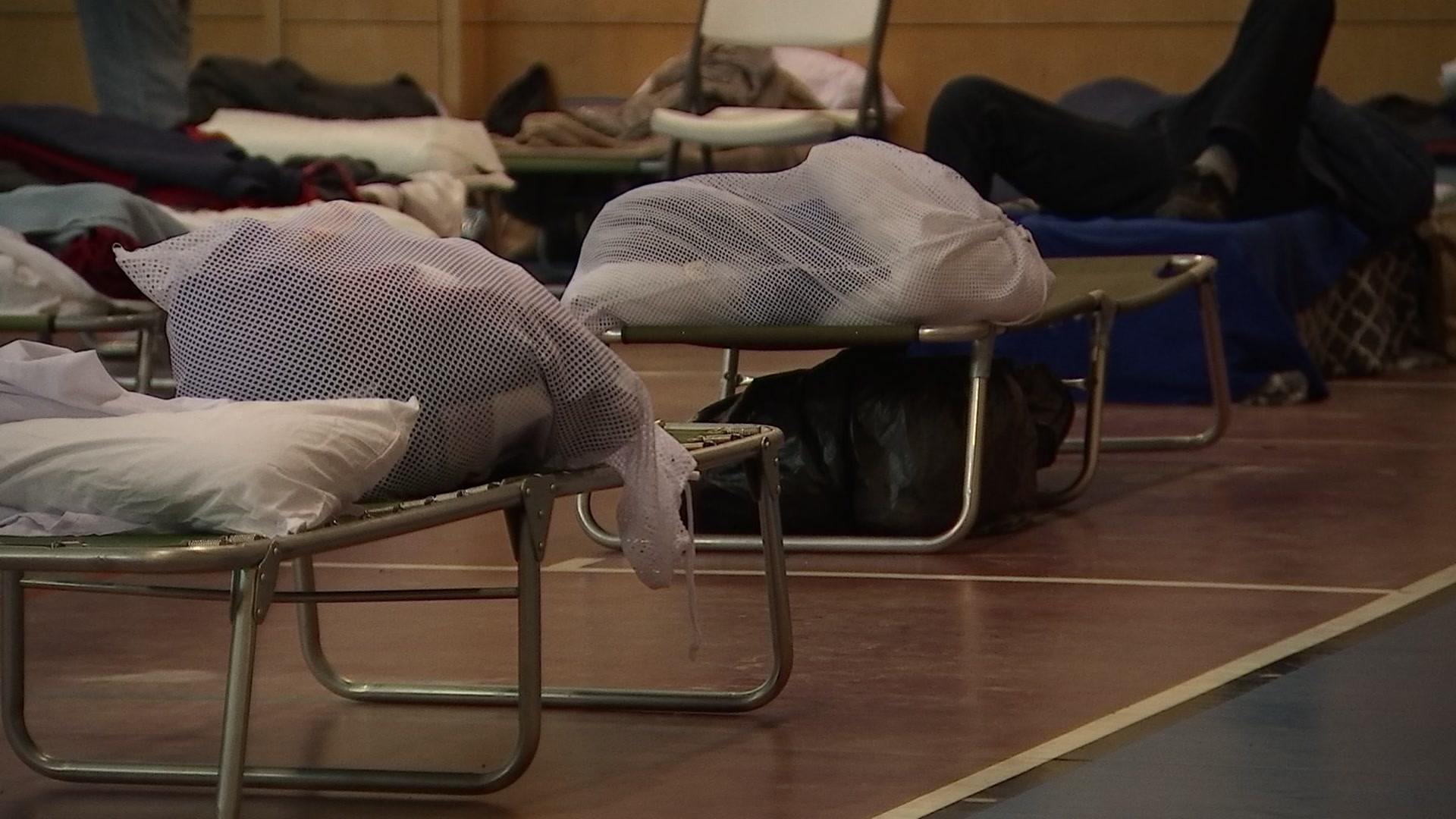A Texas historical preservation project is receiving a grant from the African American Cultural Heritage Action Fund.
The Texas Freedom Colonies Project was one of 22 sites and organizations that received a portion of the $1.6 million in grants on Friday. The project tracks, identifies and seeks recognition and preservation for endangered historic Black settlements and cemeteries in Texas.
These settlements are known as Freedom Colonies, because they were created after the Civil War for freed slaves to flourish and live in self-sufficient communities. In most cases, these colonies’ historically significant cemeteries and buildings are unrecognized by the Texas Historical Commission.
The project was founded by Andrea Roberts, Ph.D., as a part of her doctoral research in 2014. Currently the project has identified nearly 600 Texas Freedom Colonies, keeping a database to document origins, notable buildings and more.
Roberts, now an assistant professor at Texas A&M, is utilizing her project to build a growing interactive, digital humanities website that, among other initiatives, will document traditions used to transfer cultural and social memory to youth living within the former colonies.
According to its website, the project aims to "coordinate mapping projects, settlement assessments, develop evidence-based interventions, host conferences, and provide technical assistance to descendants and planning agencies" in the future.
The African American Cultural Heritage Action Fund is an effort by the National Trust for Historic Preservation. According to its website, the National Trust and its partners are working to raise $25 million for the fund, the largest preservation campaign ever undertaken on behalf of African American history.
Local
The latest news from around North Texas.
According to the National Trust’s website, grants were awarded to "key places and organizations that help the Action Fund achieve its mission of protecting, restoring, and interpreting African American historic sites and uncovering hidden narratives of African Americans and their contribution to the American story."
The grants were provided for by the Andrew W. Mellon Foundation.



